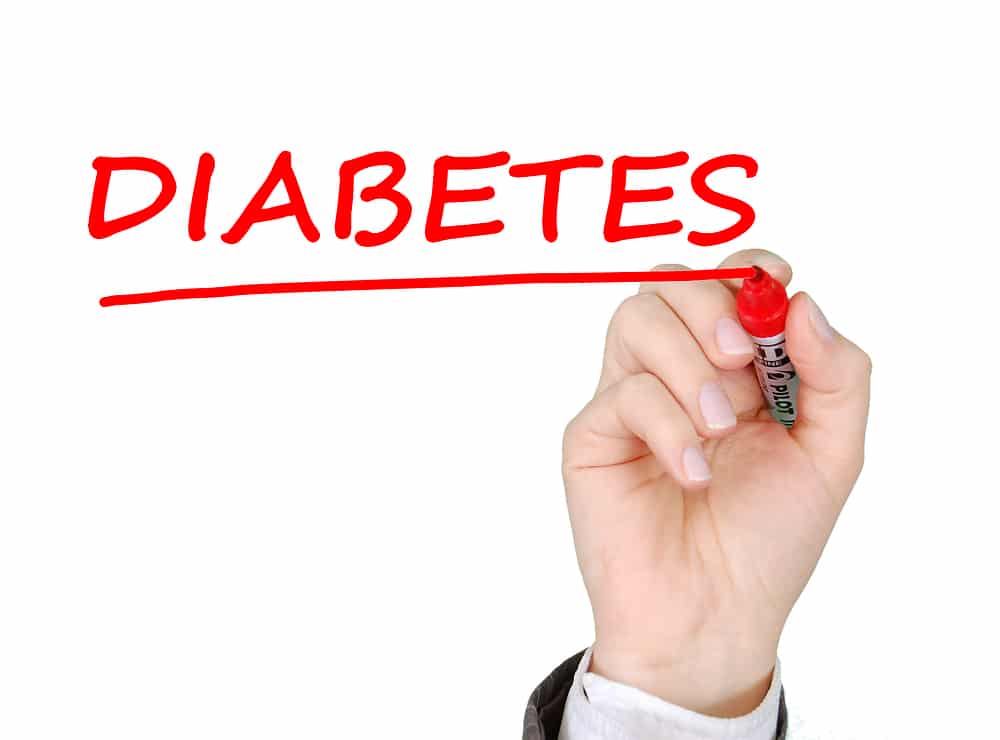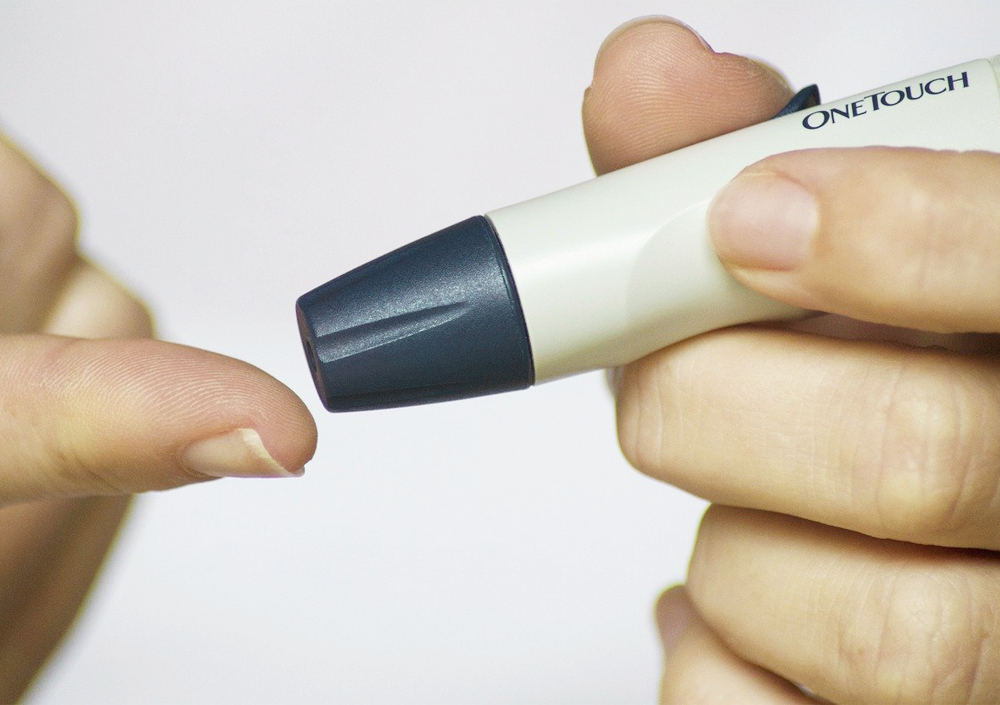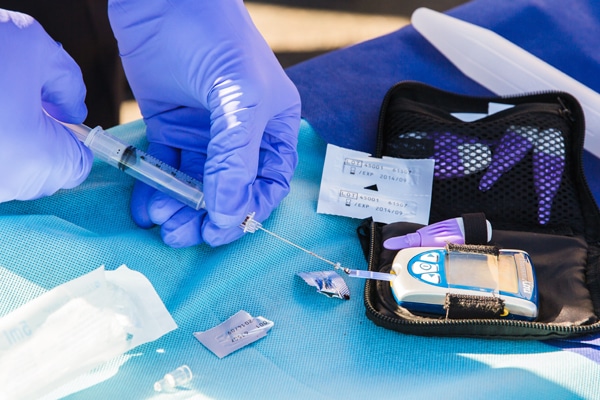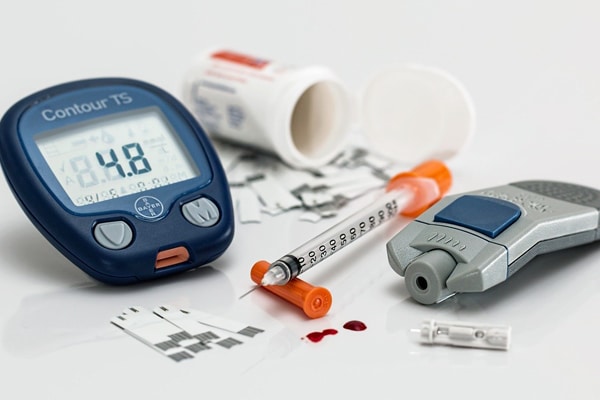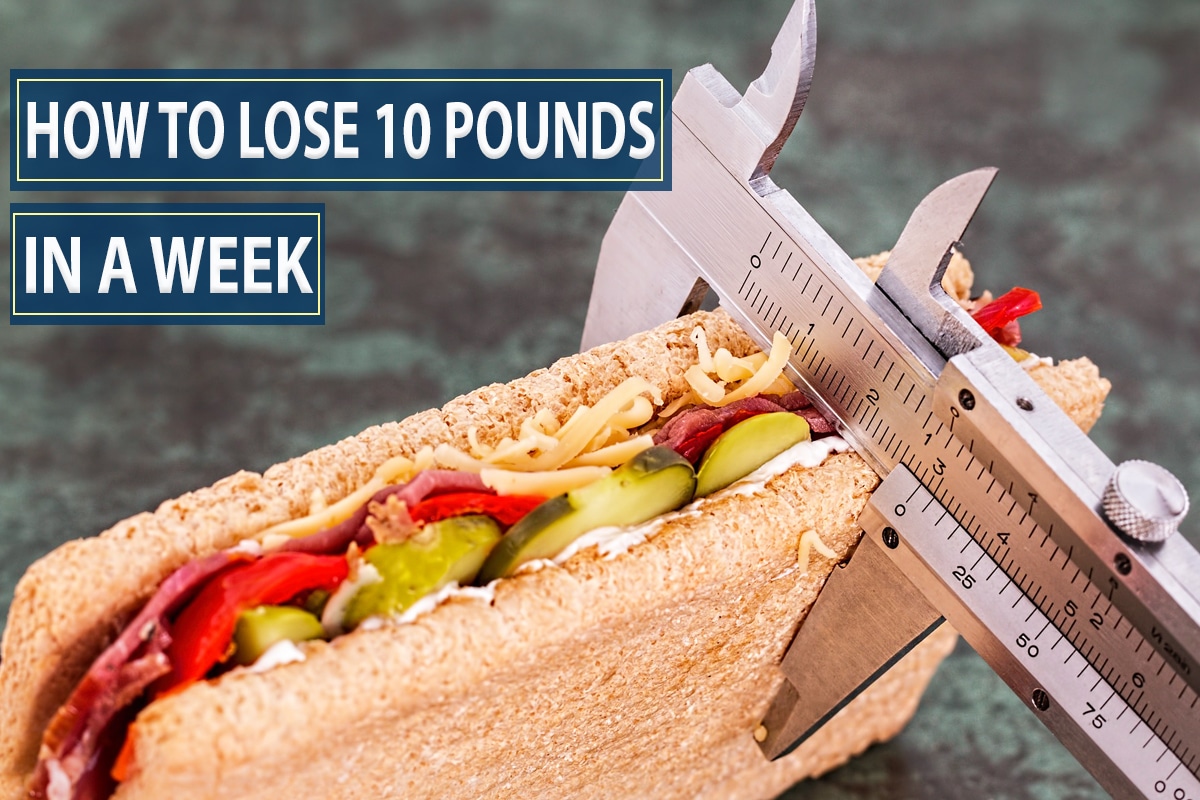Diabetes is also known as “Diabetic”. It is a metabolic disorder in which there is too high sugar in your blood. We also call too much sugar in your blood a high “blood sugar” or “blood glucose”. The medical term for diabetes or diabetes is “diabetes mellitus”. We are going to discuss about how to know if you have diabetes in this post.
Diabetes is a disease that happen when glucose/ sugar level in our blood increases more than normal level. In our body main source of energy is blood glucose and produces from the food we eat.
Over time, too much glucose in our blood cells can cause health issues. Although diabetes has no cure, we can take steps to control sugar level in our body and stay healthy.
Do I Have Diabetes?
Do you ever feel tired? Or do you have little energy? We all have that occasionally. But some of those symptoms are also associated with diabetes. We do not always recognize these complaints as diabetes and that is why you can have diabetes for years without realizing it.
Warning Signs: How to Know if You Have Diabetes
Generally blood sugar levels regulates by our body itself. For this your body makes a hormone. This hormone is called insulin. Insulin is produced by cells in the pancreas. When you have too much sugar in your blood, insulin ensures that these sugars are removed from the blood. If you have diabetes, this works differently.
Types of Diabetes:
There are mainly three types of diabetes:
- Type 1
- Type 2
Type 1 Diabetes
This can happen at any age, but mostly shows in children and youngsters. When we have type 1 diabetes, our body produces very little amount or no insulin, which means that we need to inject insulin daily for maintaining blood glucose levels to control.
Type 2 Diabetes
This type of diabetes normally found in adults. When we have type 2 diabetes, that means our body is not using insulin properly than it is producing.
Gestational Diabetes (GDM)
This is another type of diabetes which contains high glucose in blood during pregnancy and is related with complications to mother and child. GDM normally vanishes after pregnancy but mother affected and their children are at risk of developing type 2 diabetes in future
How to Know if You Have Diabetes: Symptoms
The typical diabetes symptoms are given below. Though sometimes diabetes symptoms can be very mild in patient which can be unnoticed.
More Common Symptoms
- Urinating often
- Cuts/bruises that are slow to heal
- Always feeling hungry—even though you are eating
- Feeling very thirsty
- Blurry vision
- Extreme fatigue
- Excessive Weight loss (type 1)
- Pain, tingling or numbness in the hands/feet (type 2)
Detection in preliminary stage and treatment of diabetes can reduces the risk of growing the issues of diabetes.
Diagnosis
Symptoms of diabetes often pop up all of a sudden and become the reason for testing glucose level of blood. The American Diabetes Association (ADA) recommends that the following people need to be screened for diabetes:
Person with a body mass index more than 25 (23 for Asian), any age, who got additional risk elements, such as abnormal cholesterol levels, high blood pressure, a history of polycystic ovary syndrome, a sedentary lifestyle, or heart disease, and having family history of diabetes.
Anyone who is older than 45 years is suggested to take a glucose level screening test, and if the results are normal, thereafter need to be screened in every three years.
Anybody who has been tested previously with prediabetes is suggested to be tested every year.
Tests For Different Types of Diabetes and Prediabetes:
Test is the best solutions if you want answer of how to know if you have diabetes. Let’s talks about some proven test for diabetes.
Glycated hemoglobin test:
This is a blood test, which helps us to find blood sugar level in our body. It doesn’t need fasting, shows our average blood sugar level of past two months. It counts the percentage of glucose attached to the oxygen-carrying protein in hemoglobin, red blood cells. The higher blood sugar levels, the more hemoglobin we will have with sugar attached.
If we have blood sugar level of 6.5 percent or higher on two different tests confirms that we have diabetes. If sugar level is between 5.7 and 6.4 percent than it indicates prediabetes. Below 5.7 is normal.
If the test results aren’t same, we have the physical conditions that can make the test result inaccurate, such as if anyone pregnant or have a rare form of hemoglobin
Random blood sugar test:
This also can specify diabetes. In this test one blood sample will be taken at any random time. Anyway, when we last ate, a random blood glucose level of 200 mg/dL to 11.1 mmol/L or higher suggests diabetes.
Fasting blood sugar test:
For this test after an overnight fasting a blood sample will be taken. If our fasting blood glucose level is less than 100 mg/dL is normal. If in this test result blood sugar level is from 100 to 125 mg/dL is considered prediabetes. If it’s 126 mg/dL or more than that on two different tests, we have diabetes.
Oral glucose tolerance test:
To do this test, we need to fast overnight. Then fasting blood glucose level is calculated. Then we have to drink a sweet liquid, and blood glucose levels are measured periodically for the next two hours.
If blood sugar level is less than 140 mg/dL then it is normal. A result more than 200 mg/dL after 2 hours shows diabetes. A result between 140 and 199 mg/dL reflects prediabetes.
If type 1 diabetes is predicted, our urine can be tested to confirm the presence of byproduct production when fat tissue and muscle are used for energy because our body doesn’t have necessary insulin to use the accessible glucose (ketones).
Doctors can also run a test to see if we have the harmful immune system cells connected with type 1 diabetes called autoantibodies.
Tests For Gestational Diabetes
Doctors are likely evaluate possible uncertainty for gestational diabetes early in women’s pregnancy:
If pregnant patient is at high risk of gestational diabetes — for example, if they were overweight at the start of pregnancy; they had history of gestational diabetes at past pregnancy; or patient have anyone in first blood relation or child with diabetes then doctor may diagnose for diabetes at patient’s first prenatal visit.
Treatment
Depending on different types of diabetes patients have different medications. Sugar level monitoring, injecting insulin and oral medications may applicable in patient’s treatment. Having a proper healthy diet, maintaining body weight and participating in physical exercise regularly are also very important to control diabetes.
Prevention
It is not possible to prevent diabetes in all cases, specially Type 1 diabetes can’t be prevented. So it is very important that how to know if you have diabetes? then you may be able to lower the chances of developing other diabetes by controlling our diet plan and doing physical activity. Still, genetics and other possible reasons can increase risks,
Even if we have confirmed of having diabetes, we can live healthy life. Diabetes needs careful planning and controlled life style, but it couldn’t prevent us from enjoying daily activities.

